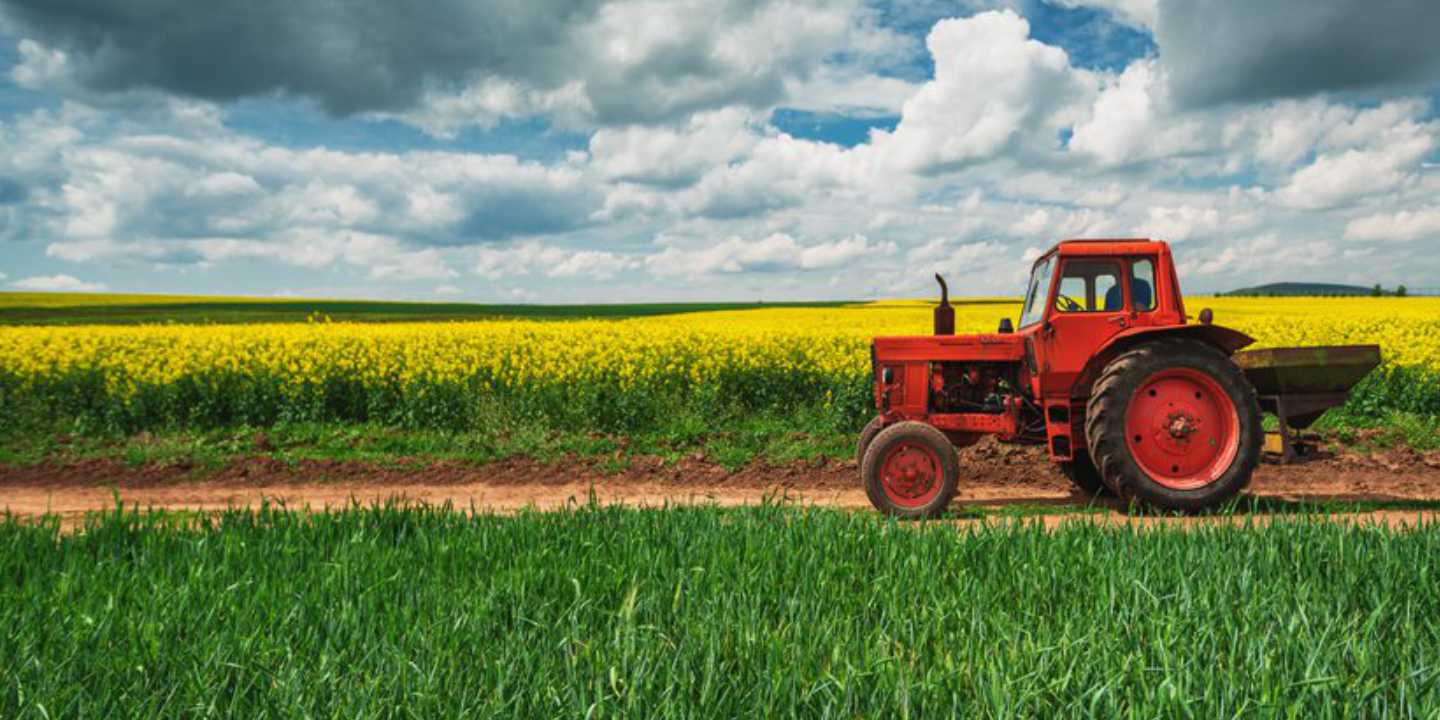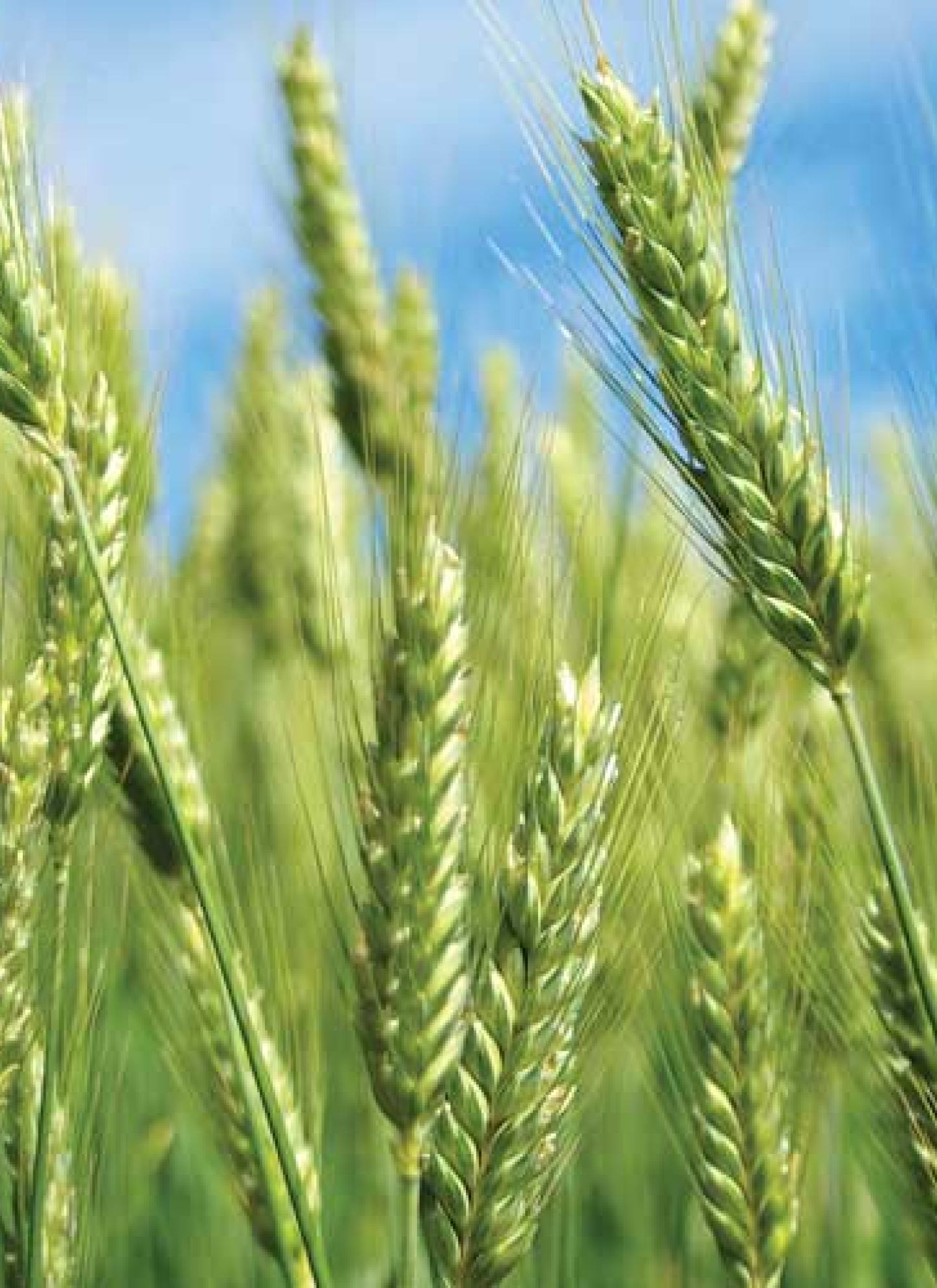Image Clarity Issues
Example of over-compressed image vs. low compression
Every JPG image you export from a camera or Photoshop has been compressed in a manner that causes data loss to varying degree. Each time that image gets re-saved or sometimes even just exported from an app, it gets compressed again and suffers data loss (clarity loss).
When you upload an image to your Drupal CMS website we often need to create many sized images and formats from that one image, and so this site too compresses an image again when it saves out the various sizes. Therefore it is in your best image to not compress an image in the first place, or use the lightest setting when doing so, so the sharpest version of your image is used in this website with the least compression.
Can you see the differences in the photos below? Look at the tractor's front wheel, the yellow flowers, the foreground grass; all show signs of severe compression fuzziness.
Example of least-compressed "original" tractor image

Example of same tractor image which was distorted and highly compressed before uploaded to the site

wide monitors
This site was designed at the approved 1440px width. While the "hero" (top most) content may become wider, images are capped at 1440 width. If you are using a display (monitor) which allows the site wider than 1440, images may begin to lose clarity as each browser tries to interpolate image data when making a narrow image fit into a wider space.
Image File Upload Compression
All images uploaded via "file upload" fields are compressed when displayed on this site. Further, a WEBP version of the file is created which offers a smaller download for minimal degradation (currently considered better than JPG).
The site is not set to allow WEBP uploads to WYSIWYG so we can't show you that comparison.
